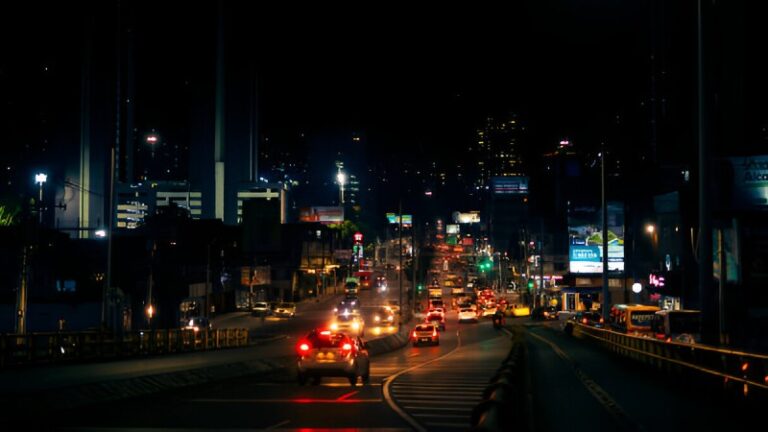The Rowdy Oxford lawsuit is more than just a legal dispute—it has become a mirror reflecting the growing tension between urban development, public safety, and nightlife culture.
Understanding the Rowdy Oxford Lawsuit
At its core, the Rowdy Oxford lawsuit centers around a legal dispute involving Rowdy Oxford, a nightlife venue located in a university town. The case involves complaints from local residents, regulatory bodies, and potentially law enforcement regarding alleged violations, including:
- Noise ordinance violations
- Public safety concerns
- Zoning and licensure issues
- Disruption to surrounding residential areas
But while this might sound like a typical neighbor-versus-business legal battle, its implications are far-reaching.
A Larger Cultural Shift
Legal experts and urban planners argue that this case signals a larger trend affecting dozens of U.S. college towns and mid-sized cities. As these places grow, the once “accepted chaos” of student nightlife is increasingly coming into conflict with residents, investors, and policymakers.
What’s Different This Time?
Unlike past disputes, the Rowdy Oxford case is happening in a post-pandemic world where residential development has surged in previously entertainment-dominated downtown cores. The demographics are shifting—and so are the legal priorities.
Timeline of Events Leading to the Rowdy Oxford Lawsuit
| Date | Event |
|---|---|
| August 2023 | Noise complaints begin from nearby apartments |
| October 2023 | Temporary citation issued for exceeding occupancy limits |
| January 2024 | Community petition filed for regulatory review |
| March 2024 | Formal lawsuit filed by neighborhood coalition |
| June 2025 | Preliminary hearing held; local media coverage spikes |
Key Legal Arguments in the Rowdy Oxford Lawsuit
According to court filings and public records, the legal case revolves around several core issues:
1. Violation of Local Ordinances
The plaintiffs allege that Rowdy Oxford repeatedly violated noise and zoning ordinances, operating beyond the scope allowed by its license. City sound meters reportedly clocked readings above 95 decibels after 11 p.m.—well above the city’s 70-decibel nighttime cap.
2. Public Safety Negligence
There are also claims that the venue failed to maintain crowd control, leading to traffic disturbances and delayed emergency response times in the area.
3. Impact on Property Values
Nearby homeowners and developers argue that property values have dropped due to the club’s late-night activities, citing broken glass, vandalism, and public intoxication.
The Urban Planning Perspective
What makes the Rowdy Oxford lawsuit especially noteworthy is how it highlights a classic urban planning dilemma: how do you preserve vibrant culture while promoting livability?
Case Comparison
Similar lawsuits in cities like Austin and Nashville have resulted in new hybrid zoning models that balance residential tranquility with entertainment viability. Here’s a quick comparison:
| City | Regulatory Outcome | Impact on Nightlife |
|---|---|---|
| Austin, TX | Implemented “entertainment zones” with stricter permits | Nightlife relocated; new mixed-use spaces created |
| Nashville, TN | Mandated soundproofing for new bars/clubs | Increased startup costs for entertainment venues |
| Oxford, MS (in progress) | Proposed residential buffer zones & earlier curfews | Pending lawsuit to determine implementation |
What This Means for Other Businesses
Whether you’re a business owner, policy advocate, or resident, this lawsuit offers important takeaways:
- Business owners must now factor in community impact when developing in entertainment-heavy districts.
- City officials need to balance economic development with sustainable planning policies.
- Developers and investors must conduct deeper due diligence when entering mixed-use zones.
Lessons from the Front Lines
One Oxford bar owner not affiliated with the lawsuit shared, “We had to spend $80,000 on retroactive soundproofing in 2024. Had we known the zoning policy would shift, we’d have picked a different property.”
Relevant Statistics to Consider
| Data Point | Value |
|---|---|
| Noise complaint increase in Oxford (2023–2024) | +42% |
| Estimated legal cost of Rowdy Oxford case (to date) | $280,000+ |
| Oxford nightlife revenue decline during lawsuit | Approx. 18% |
What’s Next? Future Legal and Policy Considerations
Several policy proposals are under discussion in the wake of the Rowdy Oxford case:
- Mandatory decibel meters for all new nightlife venues
- Community impact assessments during the licensing process
- Incentives for clubs to relocate to “designated entertainment zones”
Could This Set a National Precedent?
Experts believe this case could set a benchmark for cities facing similar tensions, particularly those with a strong student population and emerging real estate markets.
Conclusion
The Rowdy Oxford lawsuit is no longer just about one nightclub. It’s a symbol of a larger societal challenge: how we manage culture, commerce, and community in our rapidly changing cities. As the court deliberates, so too must urban planners, business leaders, and local communities find a middle ground where all stakeholders thrive.
Stay informed, stay engaged, and most importantly—understand the stakes beyond the headlines.
Frequently Asked Questions (FAQs)
What is the Rowdy Oxford lawsuit about?
The Rowdy Oxford lawsuit involves legal complaints against a nightlife venue in Oxford, Mississippi, concerning public safety, zoning violations, and community disruption.
Who filed the lawsuit against Rowdy Oxford?
A coalition of local residents and possibly regulatory authorities filed the lawsuit, citing repeated ordinance violations and neighborhood disturbance.
How does this case impact local businesses in Oxford?
The lawsuit has raised concerns about increased regulation and potential financial burdens for other nightlife businesses, including stricter permits and sound control requirements.
Could the lawsuit lead to new zoning laws in Oxford?
Yes. City planners are reviewing policies that may create designated entertainment zones, soundproofing mandates, and earlier curfews for venues.
Why is the Rowdy Oxford case getting national attention?
Because it reflects a growing trend in U.S. cities where nightlife culture clashes with urban redevelopment, housing demand, and quality-of-life concerns.


